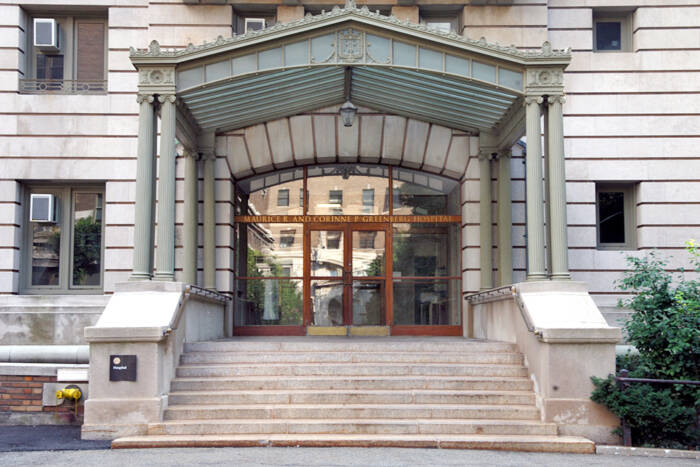Rockefeller receives new $4.8 million state grant to fund stem cell research
Rockefeller University, which has New York state’s oldest research program devoted to understanding the biology of human embryonic stem cells, will receive $4.8 million from the state to establish new facilities for studying the molecular basis of how stem cells are maintained and how they differentiate. The award was announced last Monday by New York Governor David Paterson.
Stem cells, which have the unique property of being able to specialize to become any type of cell in the human body, may be the key to regenerating damaged or diseased organs and hold tremendous potential for curing a range of diseases.
Rockefeller’s grant, which was one of nine announced last week to pay for new shared facilities and equipment at institutions conducting stem cell research in the state, is part of New York’s 11-year, $600 million stem cell initiative first announced in 2007. The money will support several existing facilities: a facility devoted to deriving and reprogramming human embryonic stem cells and induced pluripotent cells; a center devoted to investigating the reprogramming of sperm progenitor cells; and a facility that will perform chemical genetic screening. A new facility devoted to metabolite profiling, a useful tool for understanding the physiology of cells, will also be established with the funds.
Four labs — two at Rockefeller and two at the neighboring Weill Medical College of Cornell University — will share the new facilities. The efforts will be directed by Ali Brivanlou, head of Rockefeller’s Laboratory of Molecular Vertebrate Embryology.


